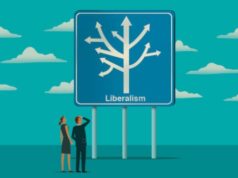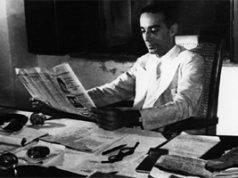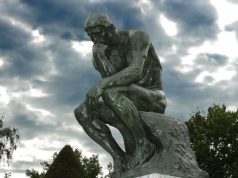Being a supporter of Tibet, I was saddened to hear him say this on his 75th birthday: Haven’t we learned anything more about Mao’s China after 1954-55?
The Dalai Lama: Few occasions these days half joke – half serious communist party inspire lot of discussions. Particularly in the early period when real revolutionary period was moving on or taking place they were totally dedicated people. When I was in China in 54-55 of course I met several times with General Mao, all those top leaders and also I met a number of top leaders in different provinces. All of these people were totally dedicated to the well-being of the people. So my impression is good about this Marxist party. So I offered that “I want to join Communist Party” but then they said no. So I think even they know that their Communist Party will be spoilt so better to not join the party. At that time it was really a wonderful party, really a working class party and really a people’s party. So I think not only are there intelligent people but also ordinary people. So logically now the time has come to retire with grace, however I have some sort of reservation to say that in China immediately Democracy must start. That I have some reservation about. China, who has 1.3 billion people has never experienced Democracy and large number of people are uneducated. So some kind of centralized authority should be there. So therefore under Communist leadership, there should be a gradual change. …
NDTV: Do you still think of yourself as a Marxist ?
The Dalai Lama: Yes . As far as social economic theory is concerned I am a Marxist.
Post Disclaimer
The opinions expressed in this essay are those of the authors. They do not purport to reflect the opinions or views of CCS.





